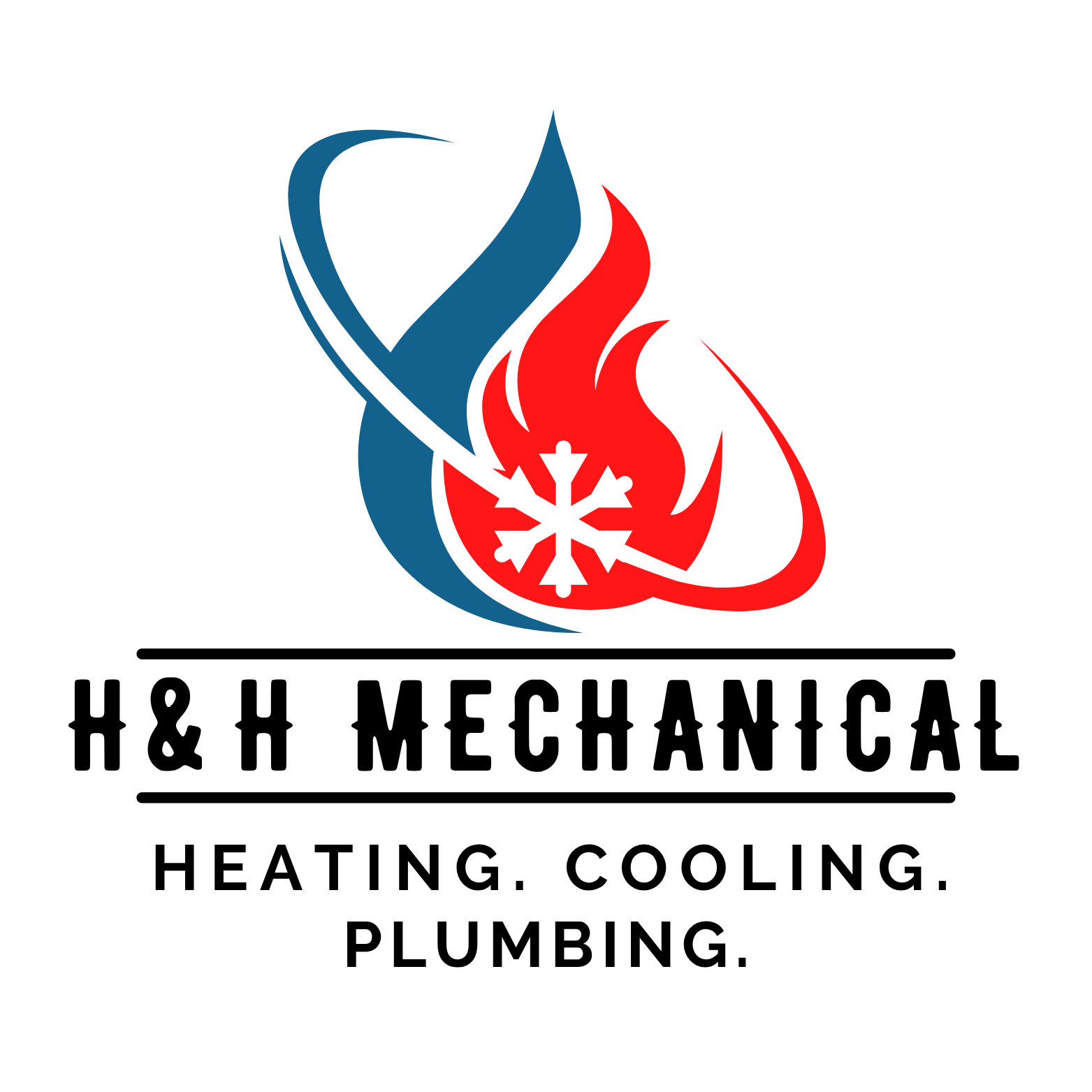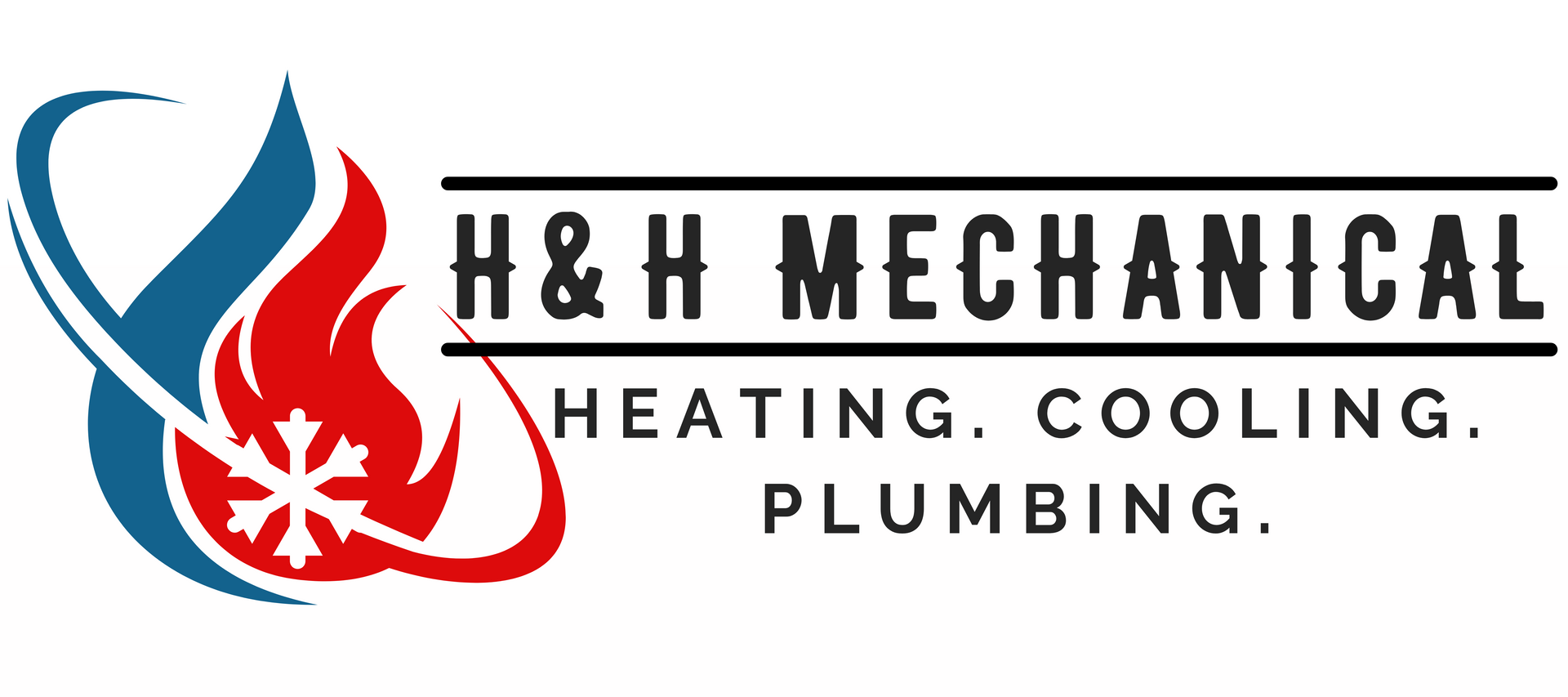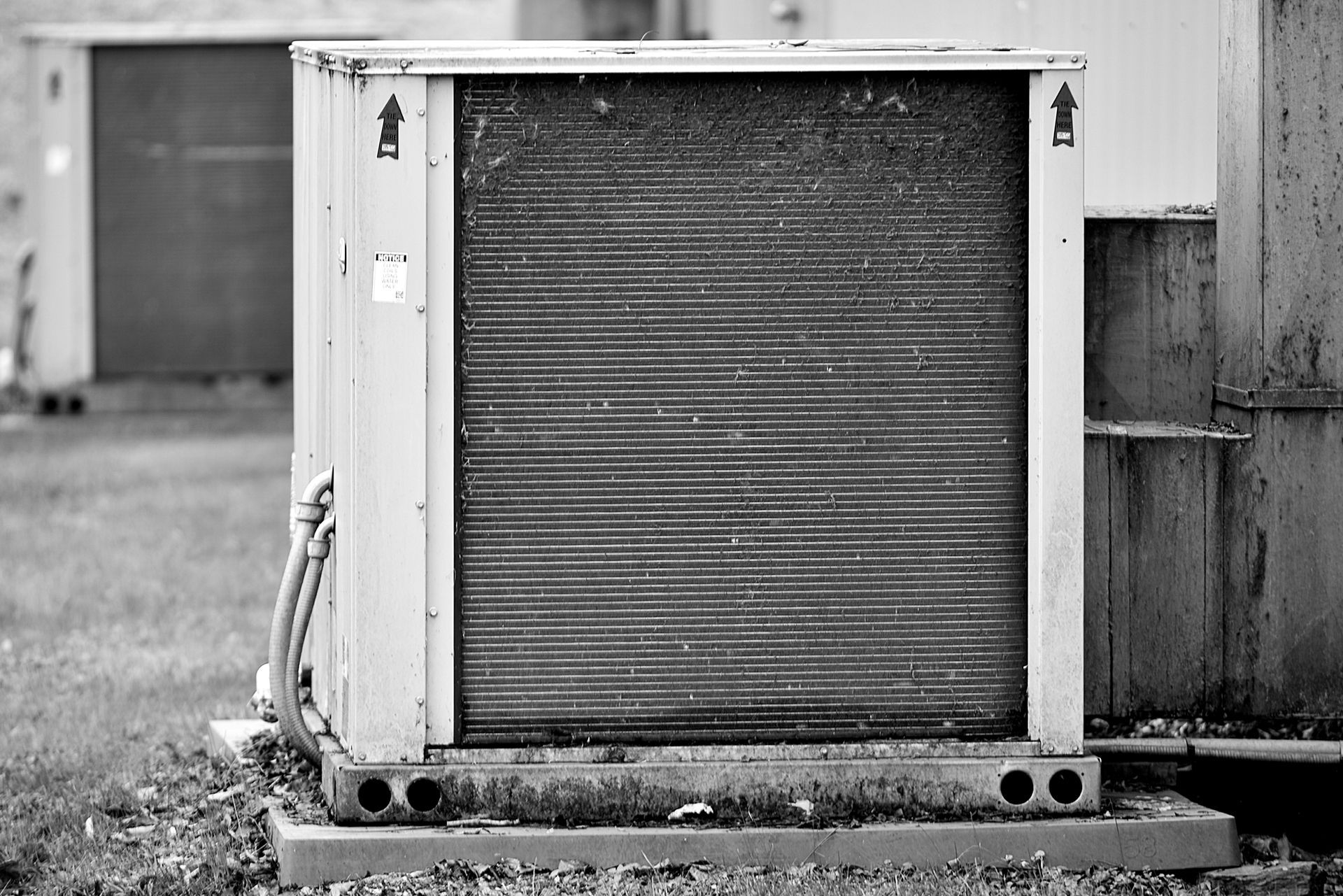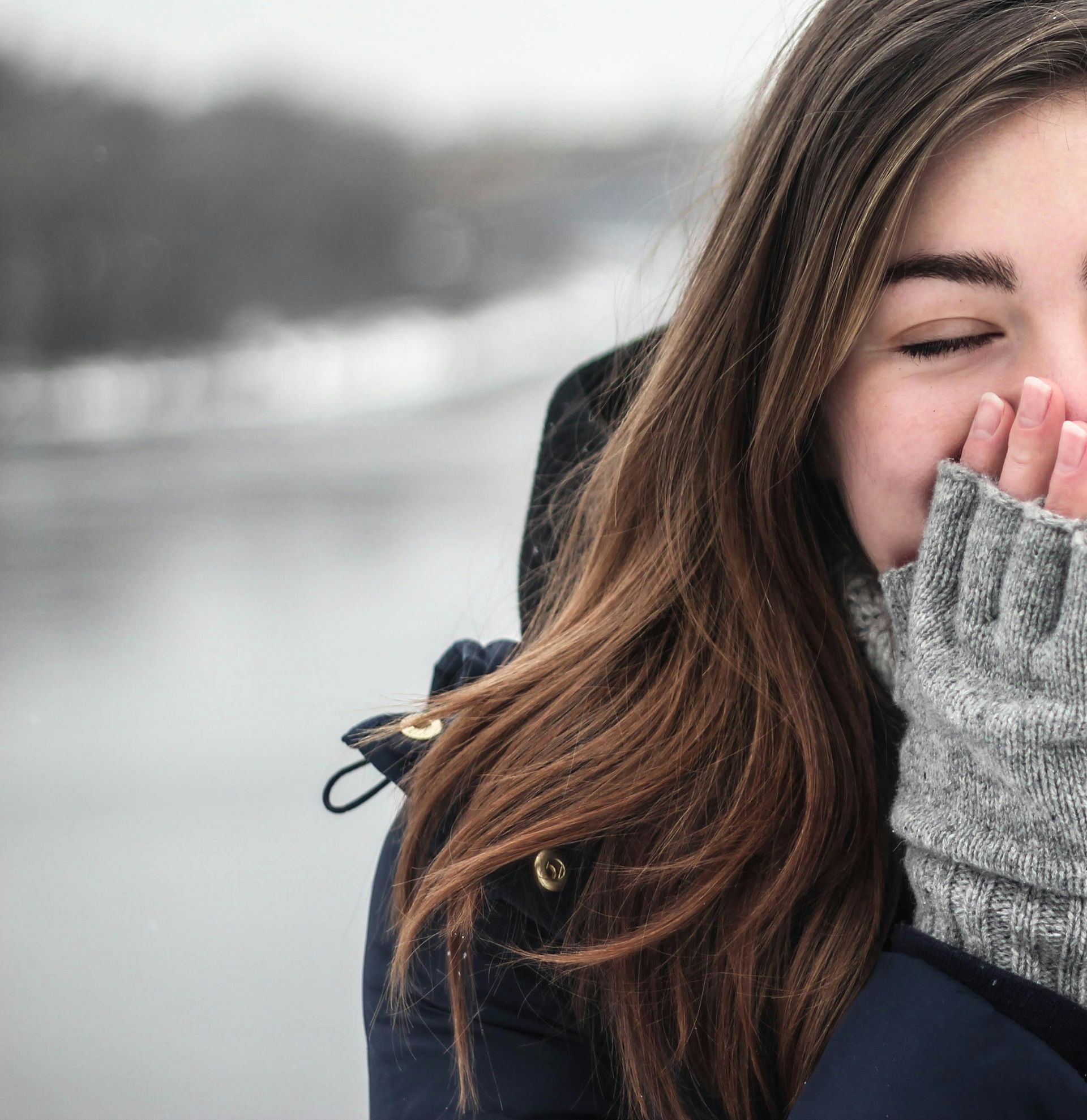The Effect of Freezing Temperatures on Your HVAC System
Freezing temperatures can wreak havoc on your HVAC system, potentially causing issues that can lead to discomfort, inefficiency, and costly repairs. It is vital to be aware of the potential effects of freezing temperatures and take necessary precautions to protect your system during the cold winter months.
Frozen Pipes: One of the most common problems during freezing temperatures is the freezing of pipes in your HVAC system. Water condensation can accumulate in the pipes, and if the temperature drops below freezing, this water can freeze and cause blockages. Blocked pipes can disrupt the flow of coolant or water through the system, resulting in reduced performance and potential damage to components.
Precaution: To prevent frozen pipes, consider insulating your HVAC system's pipes. Insulation helps maintain the temperature of the pipes and prevents freezing. Using foam pipe insulation or heat tape can help maintain the temperature of the line and prevent freezing. Additionally, ensure that your home is properly insulated and any drafts or cold air leaks are sealed to minimize the chances of freezing.
Ignition Problems: Freezing temperatures can also affect the ignition systems of 90% furnaces. Furnaces with electronic ignition systems may experience difficulty in igniting due to the extreme cold. This can result in intermittent or complete loss of heat.
Precaution: It is advisable to keep the area around the furnace clear of any drafts or cold air leaks. Additionally, regular maintenance and inspections by a qualified HVAC professional can help identify and rectify any ignition system issues before they become problematic.
Condenser Coil Issues: The condenser coil, an integral part of the HVAC system's outdoor unit, can also be affected by freezing temperatures. If the condenser coil becomes coated in ice or frost, it will struggle to transfer heat effectively, reducing the overall efficiency of your system. In severe cases, the ice buildup can cause damage to the coil itself.
Precaution: Ensure that the area around the outdoor unit is clear of snow, ice, and any debris that can obstruct proper airflow. Regularly clean and visually inspect the condenser coil, and consider installing a protective cover to shield it from extreme weather conditions.
Thermostat Malfunctions: Freezing temperatures can cause fluctuations in the temperature inside your home, which can lead to thermostat malfunctions. Cold temperatures can affect the accuracy and calibration of the thermostat, resulting in incorrect temperature readings and an HVAC system that does not respond appropriately.
Precaution: Test your thermostat regularly to ensure it is working correctly. If your thermostat seems to be malfunctioning or providing inaccurate readings, consider replacing it with a newer, more reliable model.
In conclusion, freezing temperatures can have detrimental effects on your HVAC system. It is essential to be proactive in addressing these potential problems. Regular maintenance, proper insulation, and professional inspections can go a long way in protecting your HVAC system and ensuring its optimal performance all year round.
Give us a call at H & H Mechanical if you would like to find out more about protecting your heating and cooling system from the effects of winter weather.
